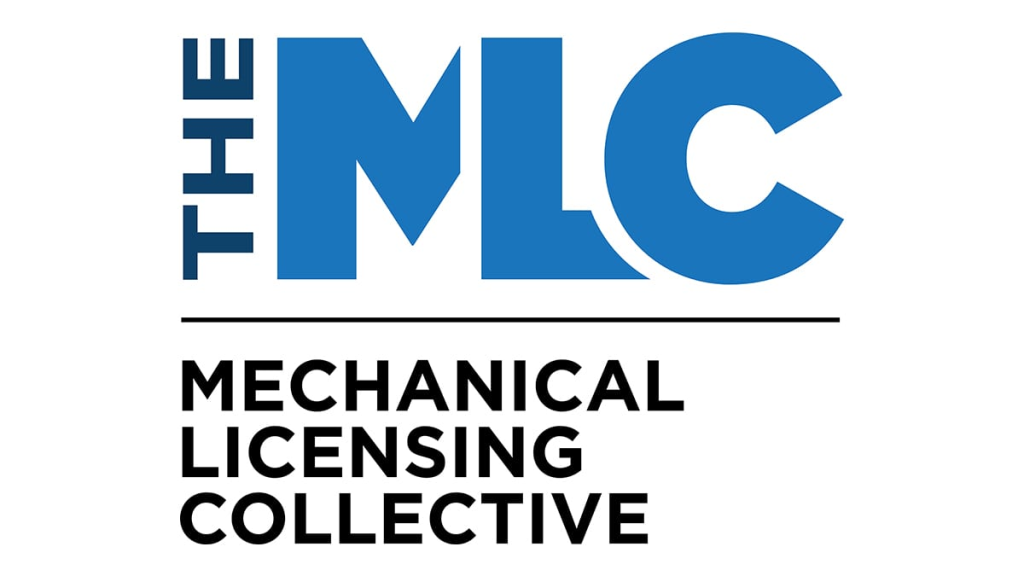Photo Credit: The Mechanical Licensing Collective
The Mechanical Licensing Collective is officially asking a federal court to reconsider its January dismissal of a much-publicized lawsuit targeting Spotify’s bundling craze.
The MLC just recently submitted that motion for reconsideration, after a federal judge about two weeks back tossed the relevant complaint with prejudice.
By now, most are already familiar with the courtroom confrontation, centering on Spotify’s unilateral decision to reclassify its main U.S. subscriptions as bundles.
The MLC and several others are taking aim at the move, which, owing to key differences in the way bundled revenue is treated, has unlocked north of $100 million in royalty savings for the streaming platform and spurred a number of far-reaching changes.
Keeping the focus on the MLC’s legal action, the entity is arguing in more words that Spotify’s main music-audiobook tier doesn’t constitute a bundle under the language of the law. The plaintiff has further called out the bundling extravaganza’s timing as well as audiobooks’ alleged failure to provide more than “token value” to subscribers.
And while the court made clear last month that it didn’t feel the same way, it should reconsider the ruling or allow for the complaint’s amendment, according to the MLC.
As the Mechanical Licensing Collective sees things, the court erred when deeming Spotify Premium a bundle despite the availability of audiobooks before the bundling-classification pivot had been made official.
(Technically, full-fledged audiobook listening, following the initial U.S. arrival of audiobooks in 2022, hit Spotify subscriptions months before royalty statements began reflecting accounts’ largescale shift to bundles.)
“That Spotify initially and repeatedly reported and certified Premium as a standalone Subscription Offering (after adding audiobook listening) is sufficient to sustain the Complaint’s allegations that Premium is not a Bundle,” the MLC wrote here. “Having subsequently certified under the law that Premium is not a Bundle, it cannot now say otherwise.”
The court also erred in finding Spotify’s 15 hours of monthly audiobook access to have more than token value for subscribers, per the MLC. “In so holding,” the filing party summed up, “the Court engaged in factfinding that is not permitted on a motion to dismiss.”
Lastly, even if the court doesn’t reconsider its dismissal motion, it should still vacate the judgement so that the MLC can amend its action, per the newly submitted legal document.
“That judgment should be vacated to allow the MLC to seek leave to amend its Complaint to plead additional facts relating to Spotify’s prior reporting of Premium as a standalone Subscription,” the MLC reiterated on this front.
Perhaps most notably, the Mechanical Licensing Collective signaled that the retooled action would zero in on Spotify’s alleged royalty underpayments “even under the Bundle formula.”
We previously broke down that formula, which determines a bundle’s applicable service provider revenue (for royalty calculations) based in large part on the value of featured non-music offerings. Stated concisely, adding a $9.99-per-month audiobook-only tier into the mix dramatically reduces this applicable revenue and, in turn, music royalties.
As laid out by the MLC in the fresh request, because the ostensibly audiobook-exclusive package allegedly offers books and music, the $9.99 price point used in bundling calculations is invalid. And that would then mean Spotify owes millions in royalties.
“The MLC would allege that the $9.99 price Spotify uses in the fractional portion of the formula is inconsistent with market comparables, is not made in ‘good faith,’ and is not a ‘reasonable measure of the market value’ of 15 monthly hours of audiobook listening,” the Mechanical Licensing Collective concluded of its arguments should the court provide leave to amend.
“The MLC would also allege that Spotify’s improper inflation of Premium’s audiobook component price decreased the pro-rata portion of Premium’s subscription price attributable to music, resulting in significant underpayment of royalties to the MLC.”

